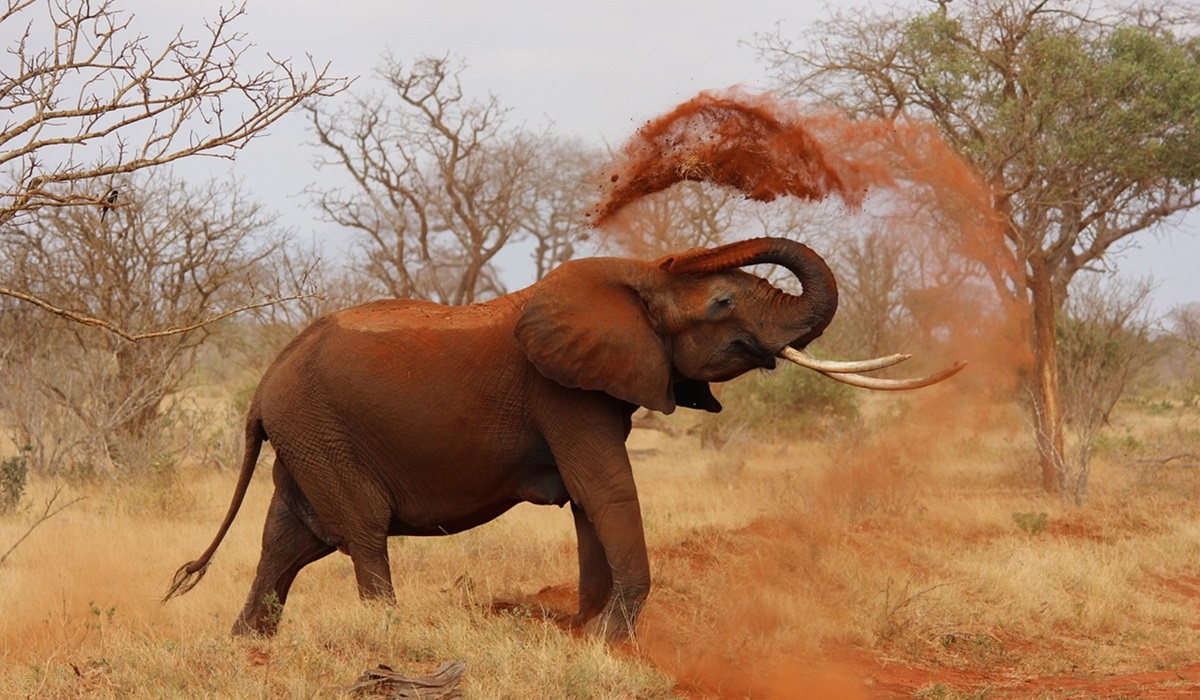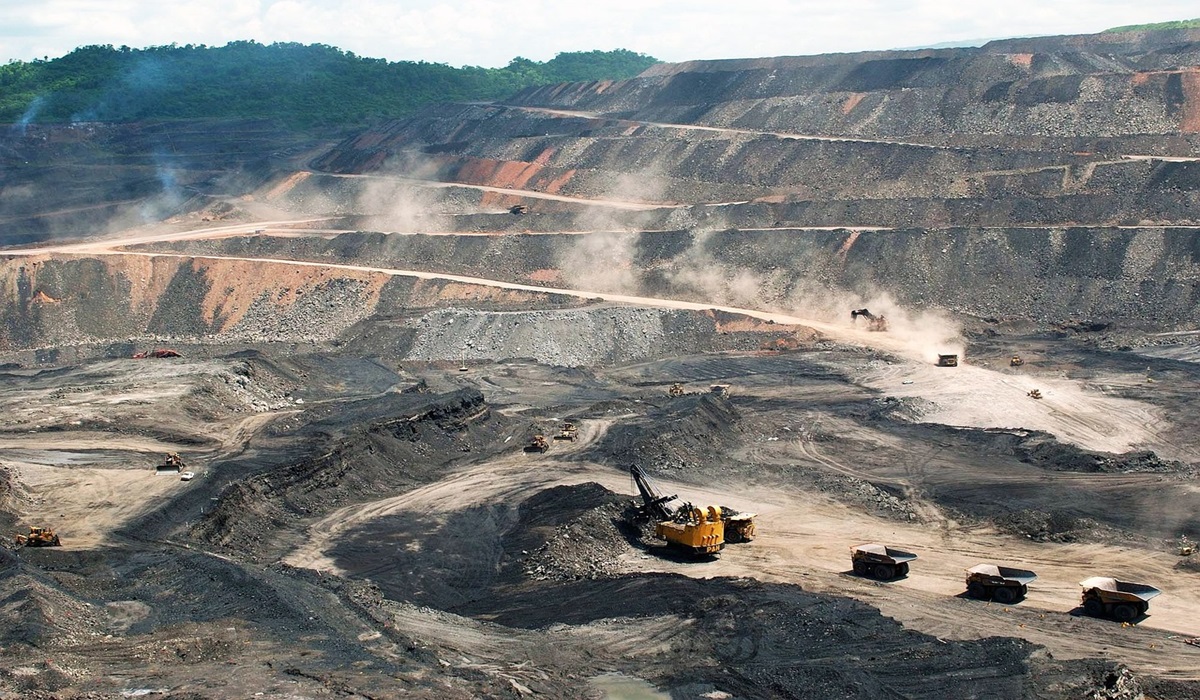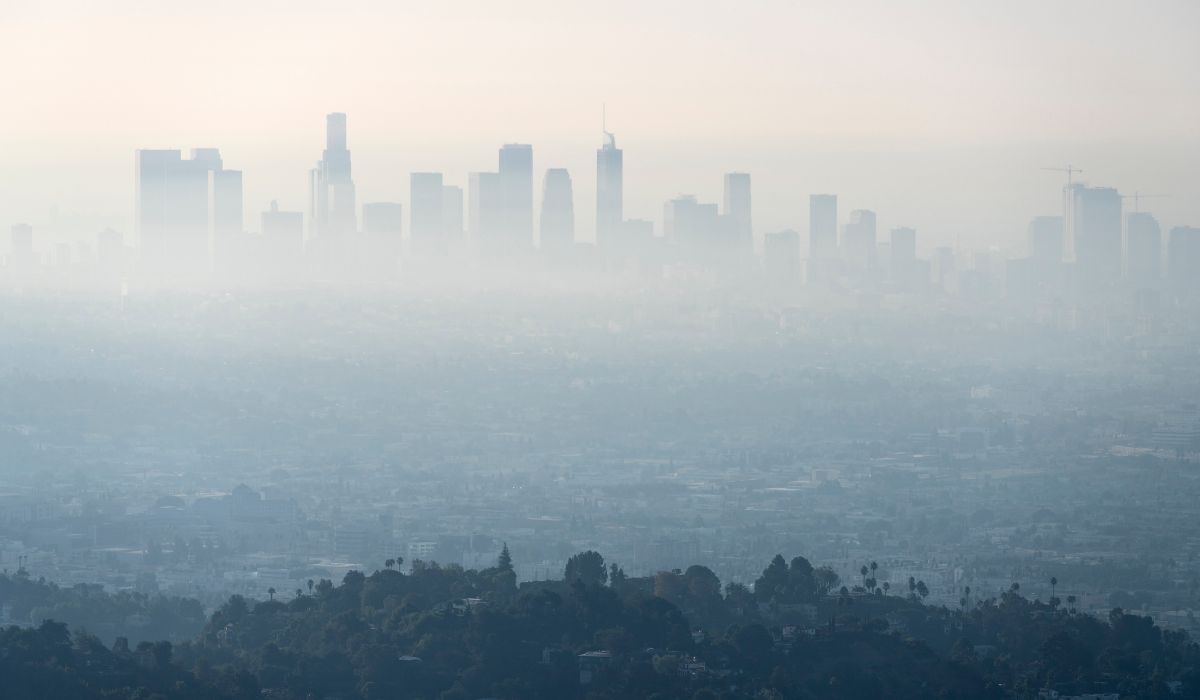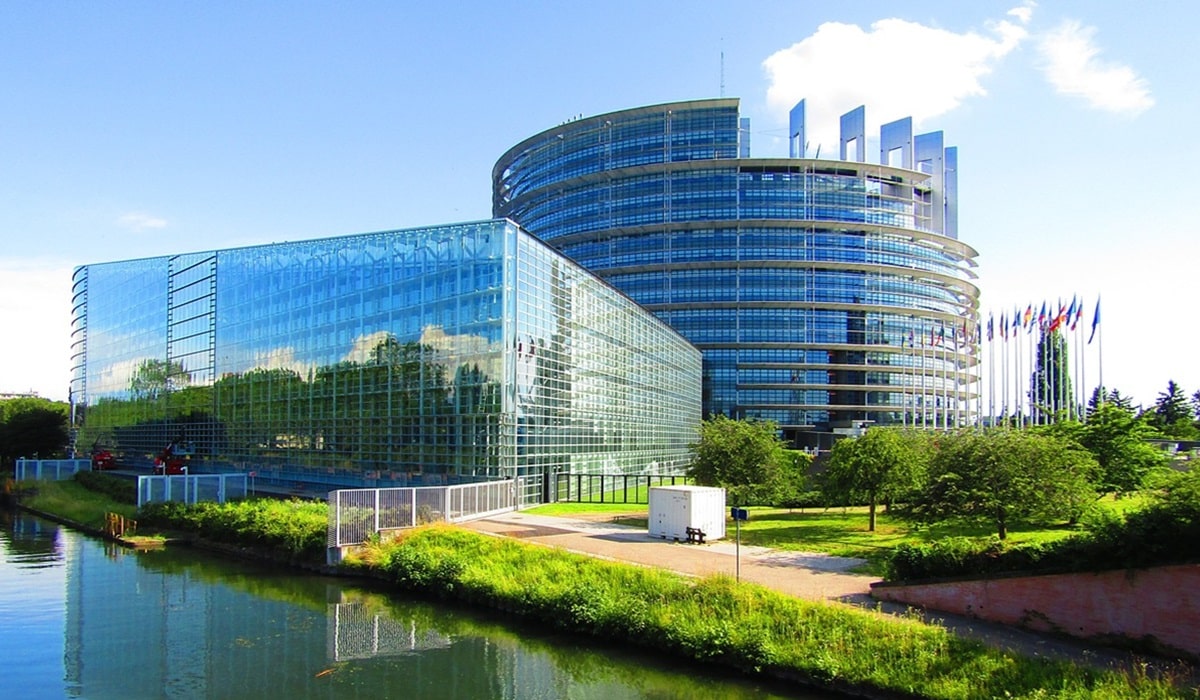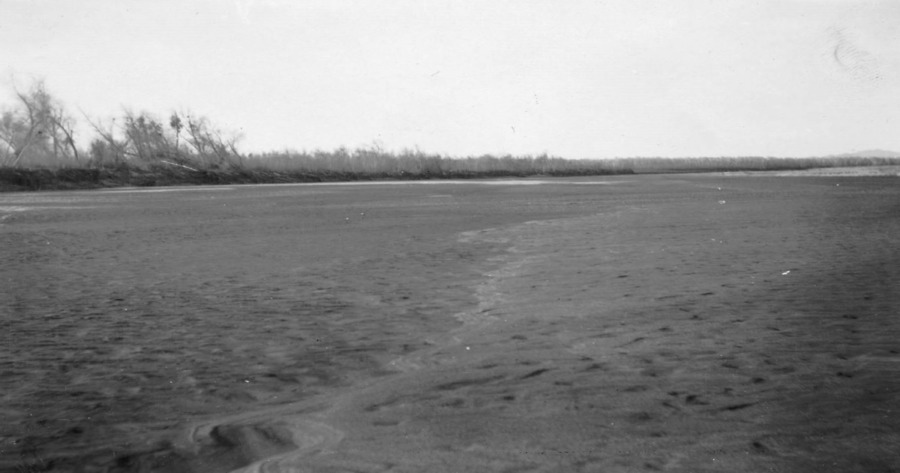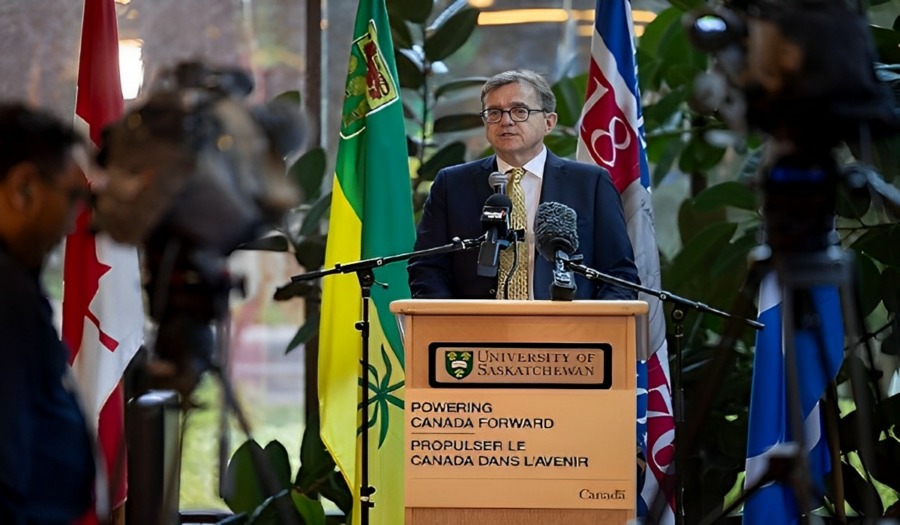“The average rate of warming in Africa was +0.3 o C/decade during the 1991-2022 period, compared to +0.2 o C/decade between 1961 and 1990. This is slightly above the global average.”
I returned from school a few years ago and met a dead mango tree behind our house. Anger, shock, and sorrow descended on me. I had planted and nurtured the giant tree before heading to the University. Its demise didn’t sit well with me. So, I set out to find out who had destroyed my tree and why it had been cut down. I had planted the tree from a mango fruit my mother had bought for me when she went to the market. I ate the fruit, dried its seed, and planted it after rain fell. A sense of profound achievement fell over me after planting the tree. But now my tree was dead, and a sense of emptiness washed over me.
Those in the house at the time told me that neighbors had complained incessantly about the tree shedding its dry leaves into their compound just across a high brick wall. The housekeeper had seen enough of the dry, harmless leaves. Hot trouble was brewing. Dwellers in the house had no stomach for shouts and curses from the housekeeper each time she swept the neighboring yard. So, they decided to take down the tree. No one had thought of any immediate need to inform me about the impending destruction.
They attacked the mango tree from the base, striking several machete blows around it before pouring white table salt into the many bleeding wounds around its base. They let the tree bleed and dry before proceeding to set its trunk on fire the following day. And so, the tree had died an excruciating death to appease the neighbors and create peace. But my brother did something remarkable. He saved a part of the tree.
My older brother kept a mango fruit from the tree. He reproduced the dead tree at another location in the compound. Three years later, a tall mango tree was standing in the yard again. And this time around, it was far from any complaining neighbor, its broad branches providing paradise-like warmth and cover from the sun’s blazing rays. My joy had returned upon seeing the elegant mango tree reborn. And then something significant happened.
One evening, some friends and I were seated under the cover of the new mango tree when someone knocked on the main gate to the compound. I answered the door and saw a familiar face. It was a woman from the neighboring house who had complained bitterly about the falling leaves into her stone-locked yard. Yes, the very complainant! What was she in need of? The response sent shock waves down my spine. She needed mango tree bark and leaves for a local health potion! She had learned about the usefulness of Ethnopharmacology from somewhere.
I fetched a machete and gave her what she wanted. But I needed to tell her something.
“These leaves and barks are from the fruit of the same mango tree you guys once complained about some years back.”
I could see amazement in her eyes. She also felt a sense of guilt. I could see her face dim with regret, and perhaps, a little shame too.
“We just had to replant the tree here to avoid offending anyone. The tree is doing a lot of good to us over here. We enjoy the cool evening breeze and warmth here.”
“Yes, you are!” The woman nodded, saying we had done well planting another tree.
Then she left, her steps slow and heavy as those of the guilty and reproached.
A few days later, the woman’s daughter came knocking too. She needed soil for her dying Aloe vera plant since their compound was interlocked with stones while we had left ours unpaved. We talked while I fetched her a patch of dark, loamy soil. And then our talks strayed back to the mango tree. She said she loved the mango tree shade in the compound and the deep green and rust-colored leaves. And then I told her where the tree came from. The young woman also felt terrible they had made us kill the first tree.
I confessed we replanted the tree for several reasons ranging from mango fruits to climate change since trees trap one of the greenhouse gases by utilizing Carbon Dioxide for growth. An abundance of trees in the environment would mean less availability of CO2, a greenhouse gas. I told her my interest in climate is enduring.
The response I got was shocking. I learned Africans do not know much about climate change. My visitor said that people don’t care about the value of trees and what is happening to the climate. The housekeeper who had started the complaints about the dead tree knew nothing about a changing climate, the lady said in her defense.
But I didn’t share my neighbor’s belief that Africans don’t care about the climate. She said she knew about climate change but felt many others did not. Perhaps her response was borne out of ignorance. Or she had spoken the mind of the complaining housekeeper. She hadn’t provided measurable data to support her position, and I wasn’t ready to start arguing with her. I told her some of us worried about the climate for good reasons.
Nigerians and Africans must care about the climate because the effects are closer to home than many know. The state of the Climate in Africa 2022 report shows that the rate of temperature increase in Africa has accelerated in recent decades, with weather-and climate-related hazards becoming severe, the World Meteorological Organization notes.
For instance, a September 4 report by the WMO stresses that: “Temperature increase is accelerating. Extreme weather worsens food insecurity, displacement, and conflict. Agricultural productivity is falling. Adaptation financing is insufficient. Losses and damages are rising. Early warnings must reach everyone.”
The report further notes: “Africa is responsible for only a fraction of global greenhouse gas emissions but is suffering disproportionately from climate change. This is harming food security, ecosystems, and economies, fueling displacement and migration and worsening the threat of conflict over dwindling resources.”
It is tough to ignore the critical message from the WMO: “The average rate of warming in Africa was +0.3 o C/decade during the 1991-2022 period, compared to +0.2 o C/decade between 1961 and 1990. This is slightly above the global average. The warming has been most rapid in North Africa, which was gripped by extreme heat, fueling wildfires in Algeria and Tunisia in 2022.”
Again, Africa is the continent that constitutes the least to global warming in both absolute and per capita terms, according to Amadou Sy, Senior Fellow, and Director, Africa Growth Initiative, Brookings Institution. In the report titled, “Africa: Financing Adaptation and Mitigation in the World’s Most Vulnerable Region,” Sy notes that “Africa accounts for the smallest share of global greenhouse gas emissions-3.8 percent. This compares to the largest emitters like China, the United States, and the European Union, which account respectively for 23 percent, 19 percent, and 13 percent of global emissions. Africa contributes less to global warming than countries such as Russia and India (each accounts for 6 percent of global emissions).”
Warnings by researchers and interactions with neighbors heightened my concern about climate education in Nigeria and on the continent. More must be done to educate people about the effect of a changing climate on livelihoods and people. It is simply lazy to assume that people know about climate change and will act to rescue the planet when, in fact, many do not understand what scientists are saying as the earth gets warmer. Climate education must become part of teaching modules from early childhood education and must continue all through formal learning. Again, climate awareness must form a core part of national orientation programs from agencies like the National Orientation Agency (NOA); otherwise, Nigerians may just continue killing harmless trees and carrying out other harmful environmental practices like indiscriminate bush burning without realizing the harm it constitutes to planet earth.
“Africa will bear the brunt of global warming, which will be mainly caused by developed economies and some emerging ones; but Africa often has limited bargaining power in international negotiations,” Amadou Sy warns.



